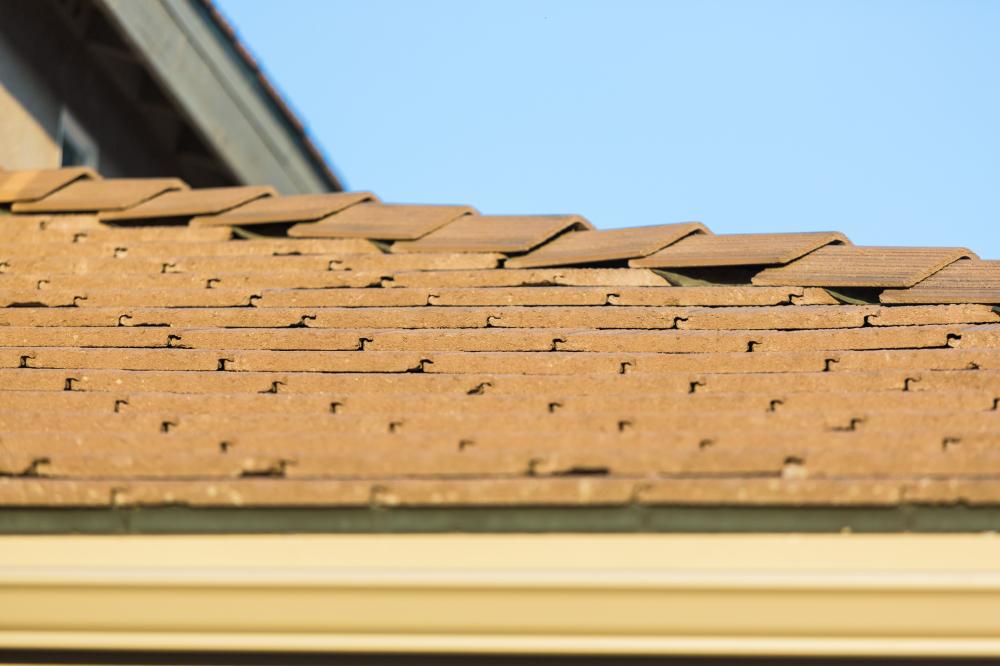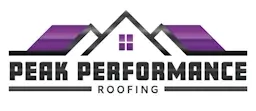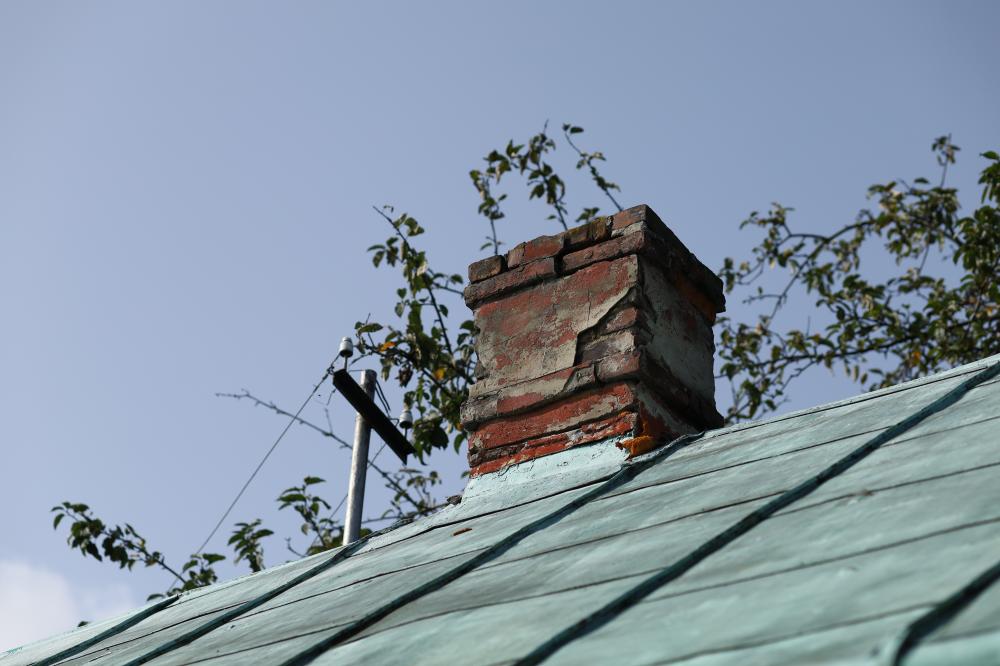
Filing an Insurance Claim For Your Roof
Filing insurance claim for roof damage can be a nuanced process that starts with understanding your insurance policy. Review your policy documents thoroughly to identify the extent of your coverage for different types of roof damage. Pay particular attention to terms such as “replacement cost” and “actual cash value,” as these determine how much compensation you might receive.
Some policies cover roof replacements fully while others only cover the depreciated value of the damaged roof. It’s important to know these details ahead of time, so you are not caught off guard when you file a claim. Keep in mind that specific weather events like hail or wind damage might be covered differently than general wear and tear.
When Should You File a Claim?
Assess the Severity of Damage
Before jumping into filing insurance claim for roof damage, evaluate the severity of the damage. Minor issues such as a few missing shingles might not warrant a claim if the repair cost is less than your deductible. On the other hand, extensive damage caused by a major storm would likely justify filing a claim.
Consider not only the visible damage but also potential underlying issues that might not be immediately apparent. For instance, water infiltration can cause structural damage over time that might not be visible until it’s too late.
If you are uncertain about the extent of the damage, consulting with a professional roofer like Peak Performance Roofing can provide clarity and guidance on whether or not a claim is necessary.
Frequency of Claims
Insurance companies track how often you file claims, and frequent claims can affect your premium rates. It’s crucial to weigh the cost-benefit of filing insurance claim for roof damage, especially if it’s a minor issue that can be resolved without insurance intervention. Our professional team at Peak Performance Roofing can assist in determining the best course of action to take.
How to File a Claim
Document the Damage
Once you decide to file insurance claim for roof damage, start by meticulously documenting the damage. Take clear and detailed photos or videos from multiple angles. This visual evidence supports your claim and aids the insurance adjuster in assessing the damage accurately.
Contact Your Insurance Provider
Reach out to your insurance provider to initiate the claims process. Clearly articulate the nature and extent of the damage and provide them with the documentation you’ve gathered. Be prepared to fill out claim forms and answer any inquiries they may have.
Our team at Peak Performance Roofing can help facilitate this process, ensuring all necessary information is accurately communicated to your insurance company.
Schedule an Inspection
Your insurance company will likely send an adjuster to inspect the damage. It’s beneficial to have a roofing professional present during this inspection to advocate on your behalf. Their expertise can ensure that nothing is overlooked during the inspection, which can significantly affect the outcome of your claim.
The Importance of a Trusted Roofer
When you’re going through the process of filing insurance claim for roof damage, having a trusted roofing expert like Peak Performance Roofing by your side can be invaluable. Professional roofers have the experience to identify issues that may not be apparent to the untrained eye and can ensure those are considered in the claim process.
Moreover, trusted roofers can provide detailed estimates and work directly with your insurance company, reducing your burden during this stressful time. This collaboration can often expedite the claims process and result in a more favorable outcome.
Our reputation for outstanding customer service and quality craftsmanship makes Peak Performance Roofing the preferred choice in Houston for both residential and commercial roofing needs.
Common Mistakes to Avoid
One common mistake homeowners make is delaying the claim process. After noticing damage, it’s crucial to act swiftly. Insurance companies might deny claims if too much time elapses from the damage occurrence to the filing date. Quick action prevents further damage and demonstrates due diligence on your part.
Another pitfall is failing to read insurance documents carefully. Misunderstanding your policy can lead to denied claims or lower-than-expected payouts. Ensuring you know the specifics of your policy, as previously discussed, is fundamental to a successful claim.
Lastly, some homeowners opt to handle the process alone without professional assistance. This can lead to oversights and missed opportunities to maximize your claim. Enlisting the help of experts like those at Peak Performance Roofing can ensure all aspects of your claim are optimized.
Anecdotes from the Field
Our team at Peak Performance Roofing has encountered numerous homeowners who initially underestimated the extent of roof damage. One client, who thought they only had minor shingle damage, discovered extensive water intrusion causing significant structural issues. This was only uncovered upon professional inspection.
Another homeowner was hesitant to file insurance claim for roof damage due to fear of increased premiums. Upon analyzing the situation, it was clear that the cost of repairs far exceeded any potential rise in premiums, making the claim a financially sound decision.
These stories illustrate the importance of professional guidance in navigating insurance claims efficiently and effectively.
Whether addressing partial storm damage or advocating for a full roof replacement, our insight and expertise support homeowners in achieving the best possible outcomes.
Insurance Implications and Discounts
Filing insurance claim for roof damage might affect your premiums or eligibility for discounts, but this varies based on individual circumstances. Discussing potential repercussions with your insurance provider can clarify how a claim may impact your future rates.
It is worth considering that newer roofs or repairs may ultimately lead to better terms on your policy, as they reduce the risk of further claims. Our team can aid in these discussions, providing a holistic view of the long-term benefits of immediate repairs or replacements compared to potential insurance implications.
This perspective can often calm concerns and highlight the value of addressing roof damage proactively.
Remember, while filing a claim does have potential impacts, the value of restoring your home’s integrity and safety is paramount.
What not to say to a roof insurance adjuster?
When dealing with a roof insurance adjuster, it’s crucial to remain factual and avoid making admissions or assumptions you’re unsure about. For example, saying something like “I’ve been meaning to fix that leak for a while” could suggest neglect, potentially impacting your claim. Stick to clear descriptions of observed damage and allow your professional roofer, like Peak Performance Roofing, to provide detailed assessments. They can be your advocate, ensuring your claim receives the attention it deserves without unnecessary complications.
Do insurances cover roof damage?
Insurance policies often cover roof damage, but it depends on the specific terms of your policy. Most homeowners’ insurance policies cover damage resulting from unforeseen incidents such as storms or falling objects. However, coverage for damage resulting from gradual wear and tear or lack of maintenance may not be provided. It’s wise to review your policy or consult with your insurer to understand the nuances. A professional assessment from Peak Performance Roofing can help you clarify what might be covered in the context of your actual situation.
How do I make a successful roof leak insurance claim?
To successfully file a roof leak insurance claim, start with thorough documentation. Take clear pictures and videos of the affected area, ensuring you capture all visible damage. Consult with a trusted roofing professional, like those at Peak Performance Roofing, to assess the extent of the leak and provide a comprehensive report. This could be beneficial when explaining the damage to your insurer. Keep consistent communication with your insurance company, and follow up with the necessary paperwork promptly. Combining these efforts can streamline the claim process and potentially lead to a favorable outcome.
Why should you call a roofer before your insurance company?
Contacting a roofer like Peak Performance Roofing before your insurance company can provide you with an accurate assessment of the damage. Professional roofers can detect underlying issues that might be missed in a superficial examination. A comprehensive report from a trusted roofer can help shape your conversation with your insurance provider, ensuring all aspects of the damage are addressed. This proactive step not only informs you better but can also potentially enhance your interactions with the insurance company, making your claim more robust and credible.
What are the insurance implications of filing a roof damage claim?
Filing a roof damage claim can have several implications on your insurance policy. It might lead to an increase in your premiums depending on your insurer’s assessment of risk. However, strategically filing a claim when necessary can outweigh the potential premium hikes, especially when repair costs are significantly high. Discussing these implications with your insurance provider can offer clarity on future rates. Additionally, investing in timely repairs may qualify you for discounts or better terms as newer roofs reduce the risk of reoccurring claims. Understanding these nuances can help you make informed decisions, ensuring your property’s integrity while managing your insurance effectively. If you have further questions or scenarios you’d like us to address, feel free to reach out.
Resources
- Insurance Information Institute – The Insurance Information Institute provides valuable information on insurance policies, coverage options, and claims processes.
- DisasterAssistance.gov – DisasterAssistance.gov offers resources and guidance on preparing for and recovering from natural disasters, including information on insurance claims.
- Federal Emergency Management Agency (FEMA) – FEMA assists individuals and communities in recovering from disasters, offering valuable insights on insurance coverage and claims.
- National Fire Protection Association – The National Fire Protection Association provides fire, electrical, and building safety information that can be relevant when dealing with insurance claims for roof damage.
- Federal Trade Commission (FTC) – The FTC offers consumer protection information, including tips on dealing with insurance companies and filing claims.

